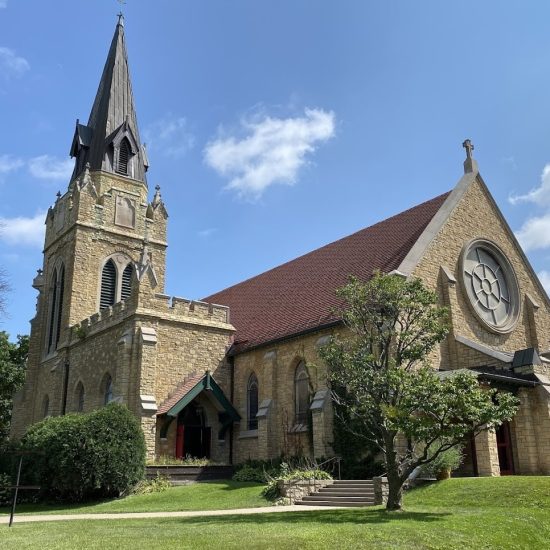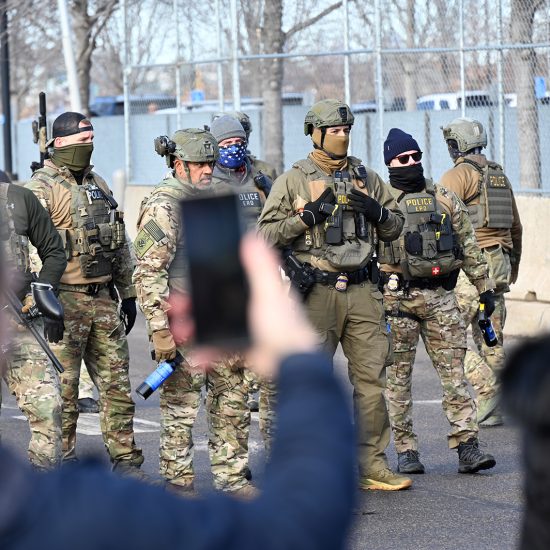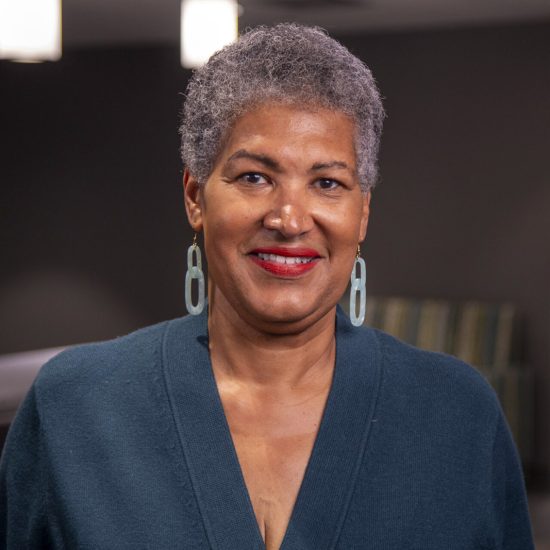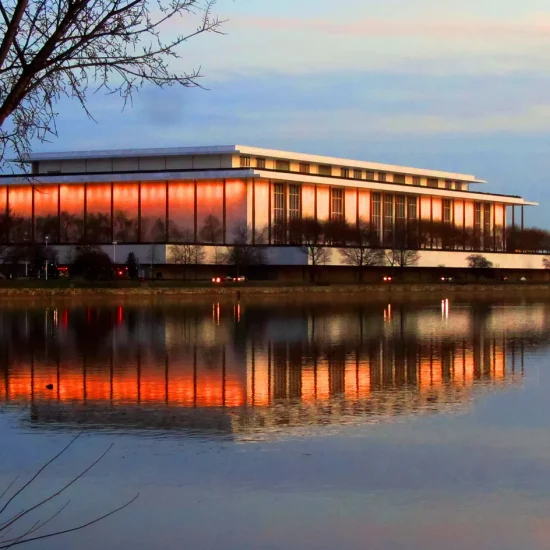As about 100 Baptists from around the world prepared for worship Sunday morning at the start of the Baptist World Alliance’s 2018 annual gathering, they left behind the bustling city of Zurich, Switzerland, and hiked up a quiet hillside near the community of Bäretswil about a half-hour drive away. Once up in the cave hidden back in the woods off a dirt path, their words echoed through the chamber — the same words that have bounced off those dark walls for hundreds of years.
Praise God from whom all blessings flow.
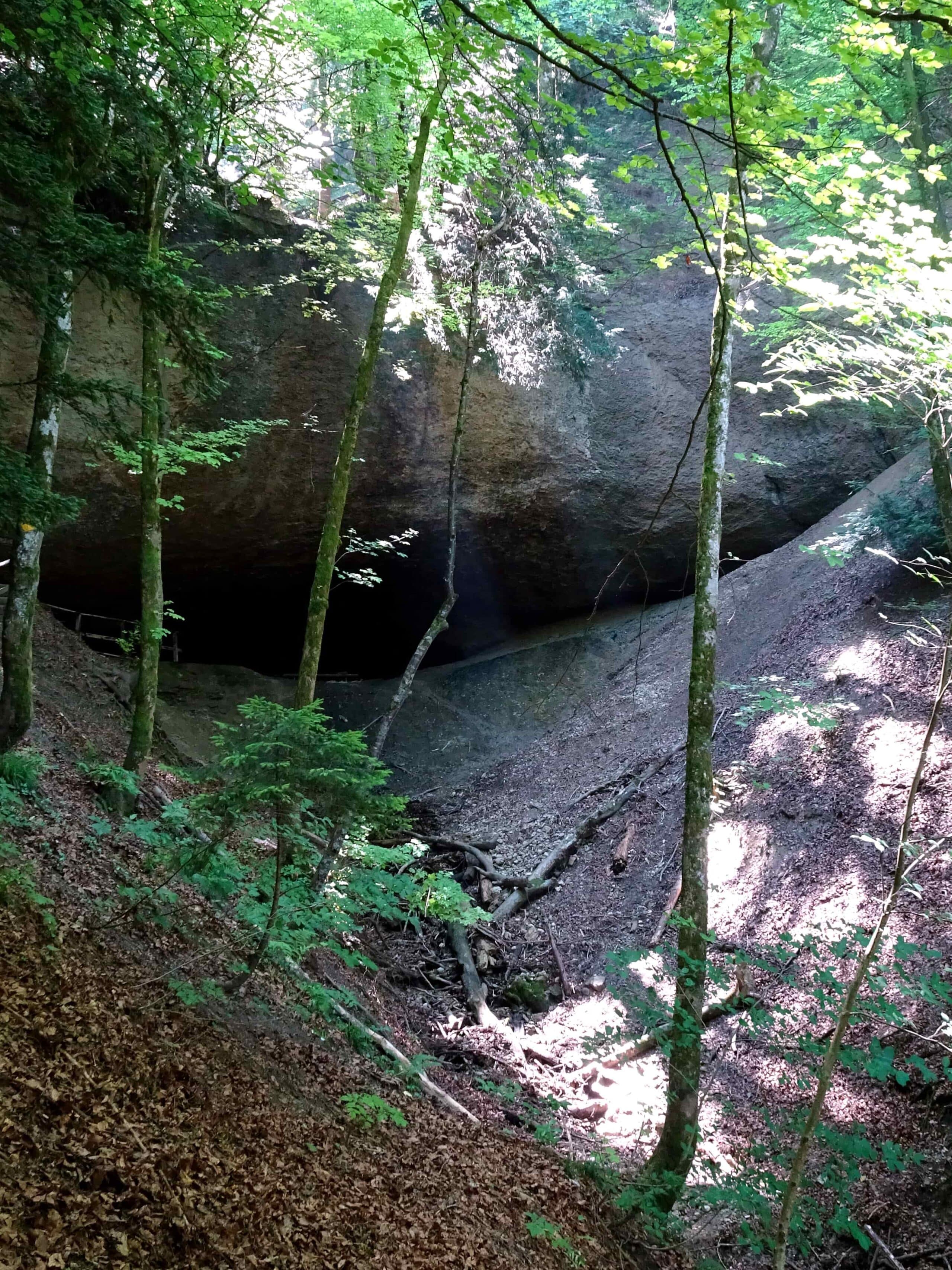 About 100 Baptists opened the 2018 Baptist World Alliance annual gathering by worshipping in the Täuferhöhle cave near Zurich, Switzerland, where Anabaptists met to escape persecution in the 16th Century.In 1526, early Anabaptists found themselves persecuted in Zurich. Many fled the city after facing imprisonment and threats of death for refusing to practice infant baptism and for refusing to submit to the dictates of the city’s intertwined religious and political leaders. These members of the “radical Reformation” instead insisted on following the teachings of the scriptures and on holding Jesus as the highest authority. Thus, they quickly found themselves at odds with the powerful Reformation leader in Zurich, Huldrych Zwingli.
About 100 Baptists opened the 2018 Baptist World Alliance annual gathering by worshipping in the Täuferhöhle cave near Zurich, Switzerland, where Anabaptists met to escape persecution in the 16th Century.In 1526, early Anabaptists found themselves persecuted in Zurich. Many fled the city after facing imprisonment and threats of death for refusing to practice infant baptism and for refusing to submit to the dictates of the city’s intertwined religious and political leaders. These members of the “radical Reformation” instead insisted on following the teachings of the scriptures and on holding Jesus as the highest authority. Thus, they quickly found themselves at odds with the powerful Reformation leader in Zurich, Huldrych Zwingli.
Some Anabaptists, like Felix Manz, were executed by drowning (as a perverse take on rebaptism) in the Limmat River that runs through the heart of old Zurich. So, Baptists gathering in that city this week met in the Täuferhöhle cave where some of those martyrs worshipped nearly five hundred years ago. The worship time honored those who were part of — as the opening passage read during the service noted — “such a great cloud of witnesses” (Hebrews 12:1).
Praise God all creatures here below.
Karen Bullock, professor of church history and director of the Ph.D. program at the B.H. Carroll Theological Institute in Arlington, Texas, offered a historical reflection during the service. She noted that given the powerful “union of church and state” in Zurich, “it was very dangerous, insidious, rebellious for people to question that authority, but these young men did.” Despite the opposition of religious and political authorities, she said, Manz and others revived the practice of believer’s baptism after more than a millennium without recorded usage.
Bullock said that standing in that cave provides a way to remember the faithfulness of those early Anabaptists. As she spoke while standing at the opening of the cave with the congregation deeper inside the ground, her voice mixed with the sound of water falling over the mouth of the cave and spattering behind her. That sound of water, she added, provided some security for those early rebaptizers, helping drown out the sounds of their preaching and singing from being heard outside the cave.
Praise God above ye heavenly hosts.
Elijah Brown, general secretary of the BWA, also reflected on the importance of remembering those “around the world who even now may be gathered in caves and places like caves as they seek to be faithful to their courageous conviction of faith in Jesus Christ.” He urged global Baptists to act on behalf of those facing religious persecution today.
“When the faithful are forced to the caves, how will we respond?” Brown asked. “This morning as we gather to worship and we feel the weight of all those who have worshipped here before and we feel the weight of all those around the world who even now are in such situations, would we also feel the weight of the question: When the faithful are forced to the caves, how will we respond?”
Praise Father, Son and Holy Ghost.
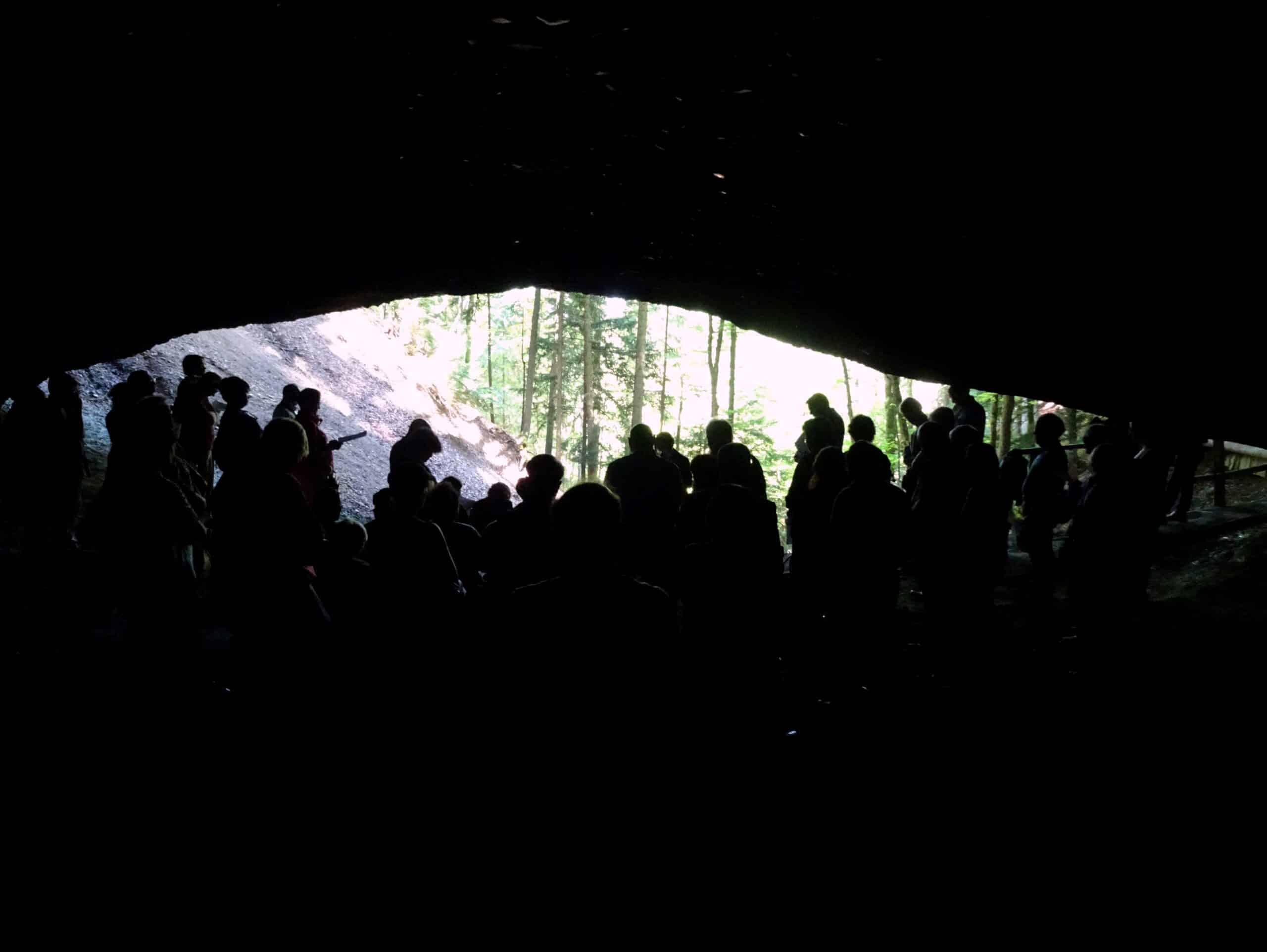
After a responsive reading of scriptures about persecution, another hymn and times of quiet reflection and prayer, the group of Baptists slowly descended back down the hillside to return to Zurich. Throughout the week, the topics of the heritage of Swiss Anabaptists and the persecution of contemporary Baptists around the world will continue to find prominent space on the program.
Perhaps the words of the special worship service will not just echo off the walls of that cave, but will also continue to resonate throughout the week and for weeks to come.
Amen.



